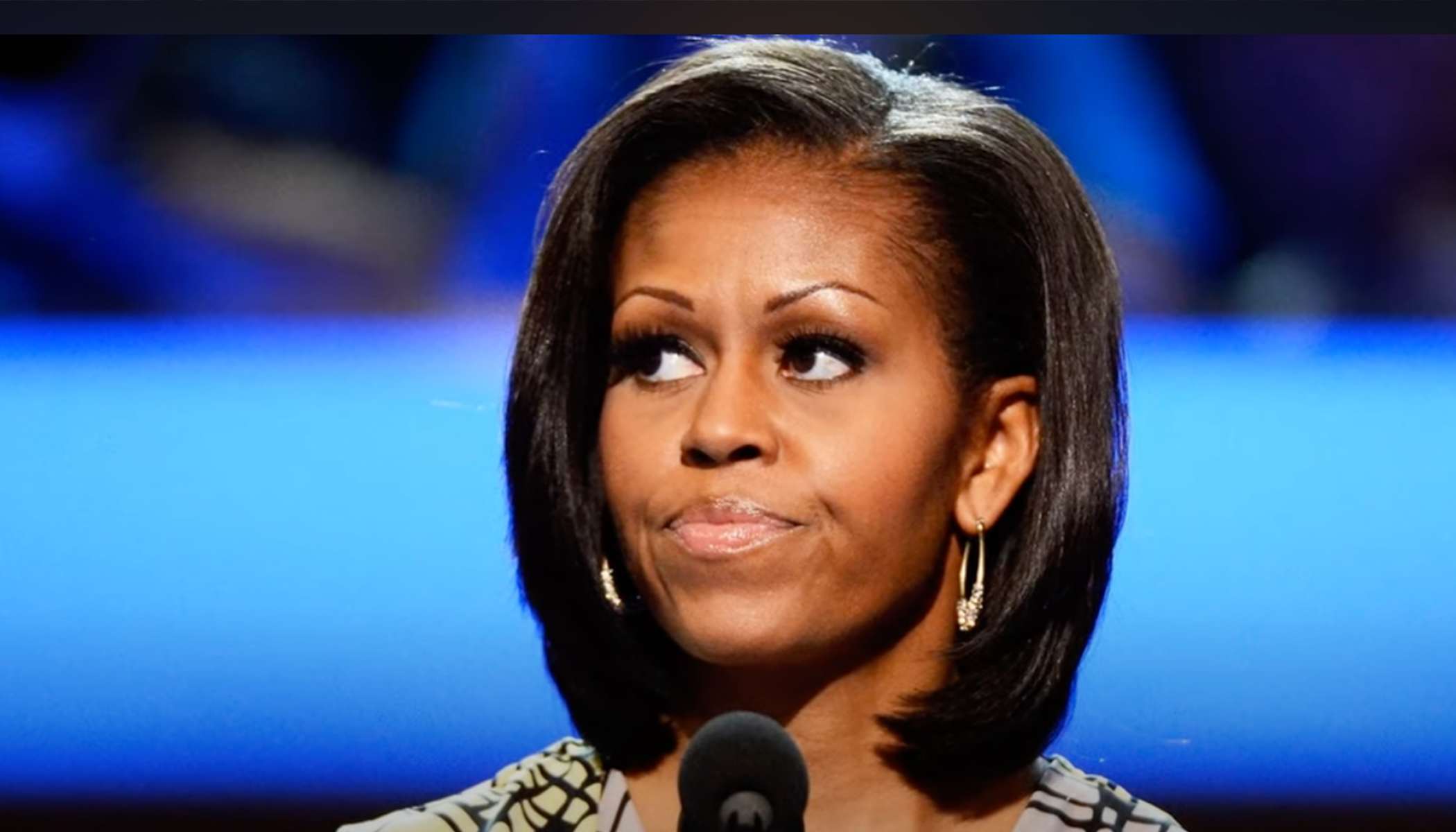ICE arrests pro-Palestinian activist amid unrest at Columbia University
A Palestinian activist and leader of anti-Israel demonstrations at Columbia University was taken into custody by ICE agents on Saturday night.
Mahmoud Khalil faces the potential revocation of both his student visa and green card as President Donald Trump intensifies efforts to crack down on campus turmoil and withdraws $400 million in federal grants from Columbia University amid allegations of antisemitism on campus, as the New York Post reports.
Khalil, who has played a significant role in organizing recent protests, including those at Barnard College’s Milstein Library, was apprehended in his university-owned apartment.
Protest literature reportedly stemmed from the “Hamas Media Office” and referenced attacks on Israel that occurred on Oct. 7, 2023. During this takeover event, there was political graffiti and the distribution of materials associated with known terrorist groups.
ICE Action Amid Escalating Campus Tensions
ICE has announced that Khalil’s visa and permanent resident status may be rescinded under a State Department directive supported by Trump’s campaign to deport foreign nationals seen as instigators of unrest. Columbia University, in its official statement, clarified its stance, emphasizing it would only comply with law enforcement actions when mandated by judicial documents.
The backdrop of this detention is Trump's broader campaign against what he perceives as growing antisemitic sentiment and violent protests at universities, highlighted by his allocation cut to Columbia University just last week. This financial reprisal has stirred considerable debate and anger on and beyond the campus.
Khalil’s arrest has ignited a substantial reaction, leading to the creation of a petition for his release. This petition has quickly gathered over 349,000 signatures.
The activist collective with which he is affiliated identifies themselves as entities opposing Western civilization, adding a layer of controversy to their protest methods and aims.
Public Response and University Position
Ari Shrage, an observer of the protests, expressed concern about the dissemination of materials by Khalil’s group. “These protesters were handing out materials from terrorist organizations Hamas and Hezbollah,” he said, noting that "every American citizen should be concerned when students are encouraging terrorist activities on US soil regardless of their nationality."
Despite the tension, Khalil remains steadfast in his criticism of Columbia, stating, "As long as Columbia continues to invest and to benefit from Israeli apartheid, the students will continue to resist."
Questions over the legitimacy of the arrests and the subsequent ICE intervention have fueled more demonstrations, with Khalil asserting to the Columbia Daily Spectator, “[They said] that after reviewing the evidence, they don’t have any evidence to suspend.” His arrest has intensified negative sentiment among student activists across the nation, triggering widespread protests.
In response, Columbia University firmly stated its policy regarding law enforcement intervention in its buildings.
“Consistent with our longstanding practice and the practice of cities and institutions throughout the country, law enforcement must have a judicial warrant to enter non-public university areas, including university buildings,” the statement read.
National Protests, Debates Over Antisemitism
The situation at Columbia is reflective of a broader discourse prevalent in several academic institutions grappling with accusations of antisemitism. The Anti-Defamation League recently scored Columbia and neighboring colleges poorly in handling such issues.
The upheaval at Columbia and subsequent student protests nationwide spotlighted a growing unrest. Participants contend with accusations from various quarters, claiming their academic freedom and rights to protest are at stake. Activist Khymani James added to the polarization by asserting: "The same way we are very comfortable accepting Nazis don’t deserve to live, fascists don’t deserve to live, racists don't deserve to live, Zionists, they shouldn’t live in this world."
In this contentious environment, the ongoing dialogue about free speech and the limits of protest in academic spaces persists. While some view Khalil and his group’s actions as crossing a line, others see a broader discussion on discrimination at play. The debate continues on multiple fronts, involving students, administrators, and the wider public.
Continued Impact on Academic Environment
This high-profile arrest and the subsequent governmental funding withdrawal have potential long-term consequences for Columbia’s operations and its students. As tensions escalate, the university faces pressure to both defend student rights and comply with federal stipulations.
Moving forward, the implications of Khalil’s case could redefine university policies on protest and foreign student rights, influencing similar scenarios across other campuses. Amid these developments, the academic community and policymakers must navigate the challenging intersection of national security concerns and the cherished tradition of academic freedom.






